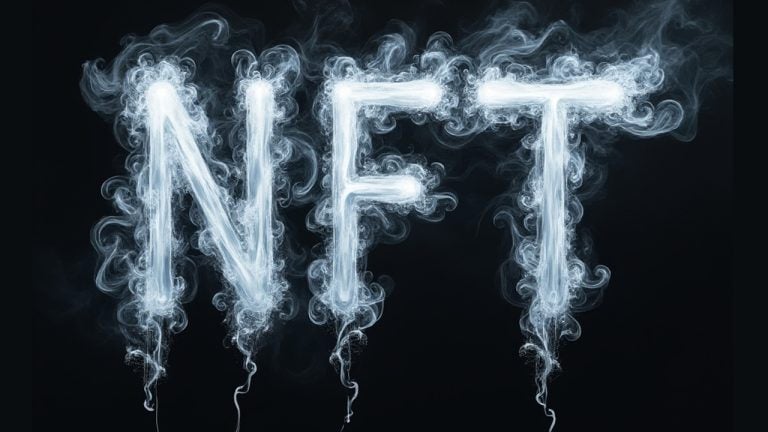After running an “Alice in Wonderland” themed DeFi cover that attracted big attention from cryptoland, The Economist has taken its own advice and leapt down the DeFi rabbit hole by selling the cover as an NFT.
The magazine on Tuesday successfully sold a one-of-one non-fungible token of its September 18 magazine cover for 99.9 ETH, or nearly $419,000 at the moment of sale (already worth more, as the price of Ethereum has risen today).
The cover, “Down the rabbit hole: The promise and perils of decentralized finance,” depicts an original illustration by Sir John Tenniel from “Alice in Wonderland,” revamped for the Web3 age by digital artist Justin Metz. The sale marks the first foray by the 178-year-old international publication into NFTs.
Decentralised finance is one of three tech trends disrupting finance—and it has the potential to rewire how the industry works. In our cover this week, we go down the “DeFi” rabbit hole https://t.co/j7G04qDCJ3 pic.twitter.com/UO2mp6ejVG
— The Economist (@TheEconomist) September 16, 2021
An NFT is essentially a blockchain-based token that functions as a “proof-of-ownership” receipt for a digital item. These items can include just about anything on the internet, such as music files, video game collectibles, or, in this case, a unique magazine cover.
A twenty-four hour auction for the piece opened yesterday morning on the digital marketplace Foundation. An intense final bidding sprint this morning drove the digital cover’s price up by over a quarter million dollars within minutes.
New York Times NFT Goes Parabolic, PNG File Sells For $562K
The Economist is not the first legacy print publication to venture into the NFT world; in March, The New York Times sold an NFT of a column for $562,000. TIME sold multiple digital covers earlier this year, and the Associated Press sold a piece of digital art.
The Economist considers the auction an experiment that will allow its staff and readership to better understand the promise and realities of NFTs: “We have always written about the potential of technology to change the world, be it self-driving cars or gene therapies," the magazine said in a post las week. "NFTs, and the crypto infrastructure they sit on, could transform finance. By minting and selling our own NFT, we are experiencing this first-hand.”
The Economist will retain a 10% royalty stake in the digital piece, with proceeds from today’s sale and all future sales going to the Economist Educational Foundation, an independent charity.





















